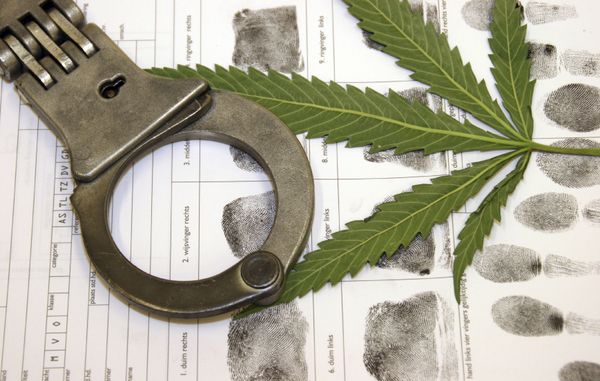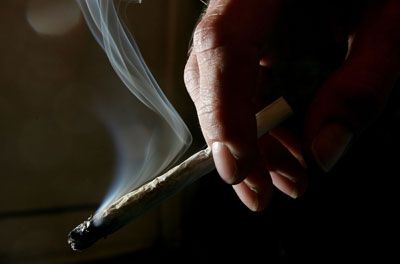
Edibles have long been the health conscious cannabis fan's delivery method of choice. But it turns out that ingesting marijuana comes with its own set of risks, at least according to a new study published April 16, 2019 in the journal Annals of Internal Medicine.
Visits to emergency rooms attributable to inhaled cannabis are more frequent than those attributable to edible cannabis, although the latter is associated with more acute psychiatric visits and more ER visits than expected.
Advertisement
People who get high through inhalation are more likely to seek emergency room medical treatment for related health concerns, the research team found. But those who come looking for medical help after ingesting their weed complain of more severe problems like psychosis and cardiovascular issues.
Mitch Earleywine, a psychology professor at the University at Albany, says it likely has something to do with the way that marijuana moves through the body when ingested. It can take hours for the stomach to pass Tetrahydrocannabinol (THC), the chemical that gives weed its psychoactive properties, through the liver. The body also converts THC to 11-hydroxy-THC during that time, giving it a stronger impact.
"The process literally takes hours longer than the smoking approach, but the impact is invariably more dramatic and enduring," Earleywine, who focuses on addiction and marijuana policy, says. "11-hydroxy-THC crosses the blood brain barrier more readily than THC, leading to subjective effects that dwarf the impact created by smoking the same amount of THC."
The Colorado study comes as cities and states around the country are moving to relax restrictions on marijuana use. Colorado is among 10 states that has put a legal stamp of approval on the recreational use of cannabis, treating it much like alcohol. Another 23 states have legalized pot for certain medical purposes.
Advertisement

